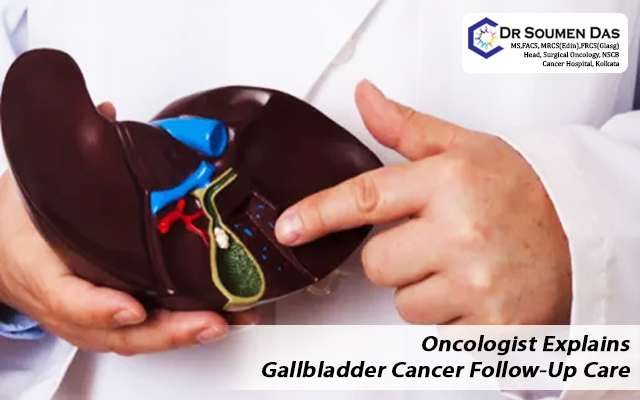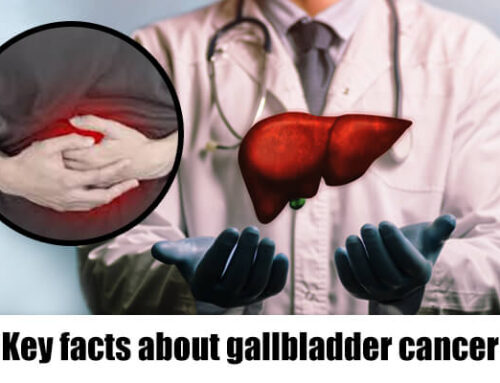A gallbladder cancer patient’s care does not end when active therapy ends. The health care team will continue checking that cancer has not come back, handle any side effects and watch the patient’s overall health. This is called follow-up care, says a cancer surgeon in Kolkata.
The follow-up care contains routine physical examinations, medical tests, or both. Doctors want to keep track of the recovery months and years ahead.
The doctor can suggest cancer rehabilitation, which could mean a wide range of services, such as physical therapy, career counselling, nutritional planning and emotional counselling. Rehabilitation strives to help people regain control over many parts of their lives and stay as independent as possible.
Watching for recurrence
One goal of follow-up care is to inspect for a recurrence. Because small areas of cancer cells remain undetected in the body, cancer recurs. Over time, these cells can grow in number until they show up on test results or induce signs or symptoms. A doctor aware of your medical history can give you personalized details about your chance of recurrence during follow-up care. Some people can have blood tests or imaging tests done as regular follow-up care. Still, testing suggestions depend on several factors, including the type and stage of cancer first diagnosed and the types of treatment given, says the cancer doctor in Kolkata.
Managing long-term and late side effects
Most people expect to encounter side effects when obtaining treatment. However, it is often unexpected to survivors that some side effects linger beyond the treatment time. These are called long-term side effects. Other side effects called late effects can develop months or even years afterward. Long-term and late effects can contain both physical and emotional changes.
One should talk with their doctor about their risk of developing such side effects based on the type of cancer, treatment plan and overall health. If one had a therapy known to cause specific late effects, they might have specific physical examinations, scans, or blood tests to help locate and manage them, says the cancer surgeon in Kolkata.
Keeping personal health records
The patient and their doctor should work together to develop a personalized follow-up care plan. One should be sure to discuss any concerns about their future physical or emotional health.
This is also an ideal time to talk with the doctor about who will lead the patient’s follow-up care. Some survivors resume seeing their oncologist, while others transition back to the supervision of their primary care doctor or another health care professional. This decision relies on several factors, including the kind and stage of cancer, side effects and personal preferences.
For more details, consult Dr Soumen Das, a cancer surgeon in Kolkata.







Leave A Comment